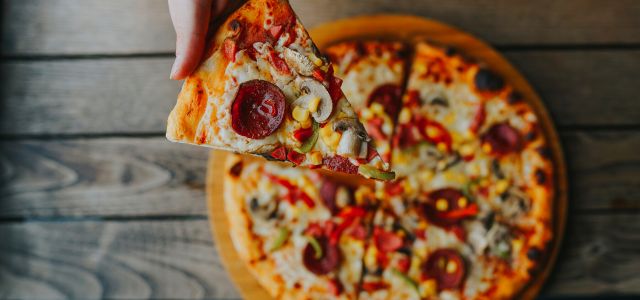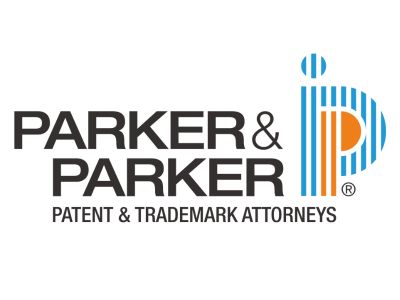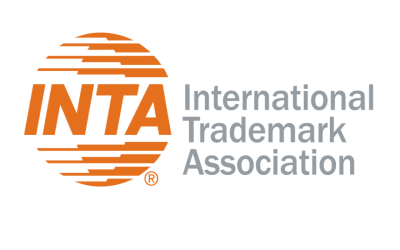The Court’s decision is a significant victory for Domino’s, which has been battling imitators for years. It sends a strong message to other businesses that they cannot simply copy the names and trademarks of well-known brands in order to capitalize on their reputation.
The case began when Domino’s filed a trademark infringement suit against Dominick Pizza, alleging that the latter was using a name and logo that were deceptively similar to its own. The Court found that the two names were phonetically similar and that the logos were also similar in terms of their design and appearance.
The Court was particularly concerned about the fact that Dominick Pizza was using a square logo with lettering similar to that used by Domino’s. This, the Court found, could create confusion among consumers who might think that the two businesses were affiliated.
The Court also noted that Dominick Pizza was operating in the same industry as Domino’s and that it was offering similar products and services. This, the Court found, increased the likelihood of confusion among consumers. It was about safeguarding consumer interests. The Court emphasized the critical importance of protecting consumers, especially in the domain of consumable goods and eateries. Here, trust is paramount, and brand clarity is the foundation upon which this trust is built.
In its ruling, the Court held that Dominick Pizza had clearly infringed on Domino’s trademark. The Court ordered Dominick Pizza to stop using the name “Dominick Pizza” and the marks CHEESE BURST and PASTA ITALIANO. The Court also ordered Dominick Pizza to withdraw its application for the registration of the DOMINICK PIZZA trademark and to transfer its internet domain names to Domino’s.
The Court’s decision is a welcome victory for trademark owners and consumers alike. It sends a clear message that businesses cannot simply copy the names and trademarks of well-known brands in order to capitalize on their reputation.
The Delhi High Court’s ruling in the Domino’s Pizza v. Dominick Pizza case has a number of important implications for businesses.
First, it reinforces the principle that businesses have a right to protect their trademarks from infringement. Trademarks are valuable assets that help businesses to distinguish their products and services from those of their competitors. Businesses that infringe on other businesses’ trademarks can face serious legal consequences, including injunctions, damages, and even criminal penalties.
Second, the ruling highlights the importance of using distinctive trademarks. Businesses should avoid using trademarks that are similar to the trademarks of other businesses, particularly in the same industry. If a business uses a trademark that is too similar to the trademark of another business, it is more likely to be found to have infringed on that trademark.
Third, the ruling emphasizes the importance of vigilance in protecting trademarks. Businesses should monitor the marketplace for potential trademark infringement. If a business discovers that another business is using a trademark that is similar to its own, it should take steps to protect its trademark rights, such as by filing a trademark infringement lawsuit.
The Delhi High Court’s ruling in the Domino’s Pizza v. Dominick Pizza case is a significant victory for trademark owners and consumers alike. It sends a clear message that businesses cannot simply copy the names and trademarks of well-known brands in order to capitalize on their reputation. Businesses should take heed of this ruling and take steps to protect their trademark rights.

Written by Dinesh Parmar
Managing Partner and Attorney at Law and Patent & Trademark Attorney, Parker & Parker Co. LLP
You may also like…
INTA to host virtual legal clinic focused on trademarks
The International Trademark Association Pro Bono Committee is hosting a Virtual Legal Clinic on Tuesday, October 29,...
A landmark copyright case with implications for AI and text and data mining: Kneschke v. LAION
In a landmark judgment, the Hamburg Regional Court ruled in Kneschke v. LAION (Case No. 310 O 227/23) that the actions...
“When great power” meets “justice”: the end of the SUPERHEROES trademark era
From an early age, I have been captivated by superhero stories. From Spider-Man to Superman, these characters inspired...














